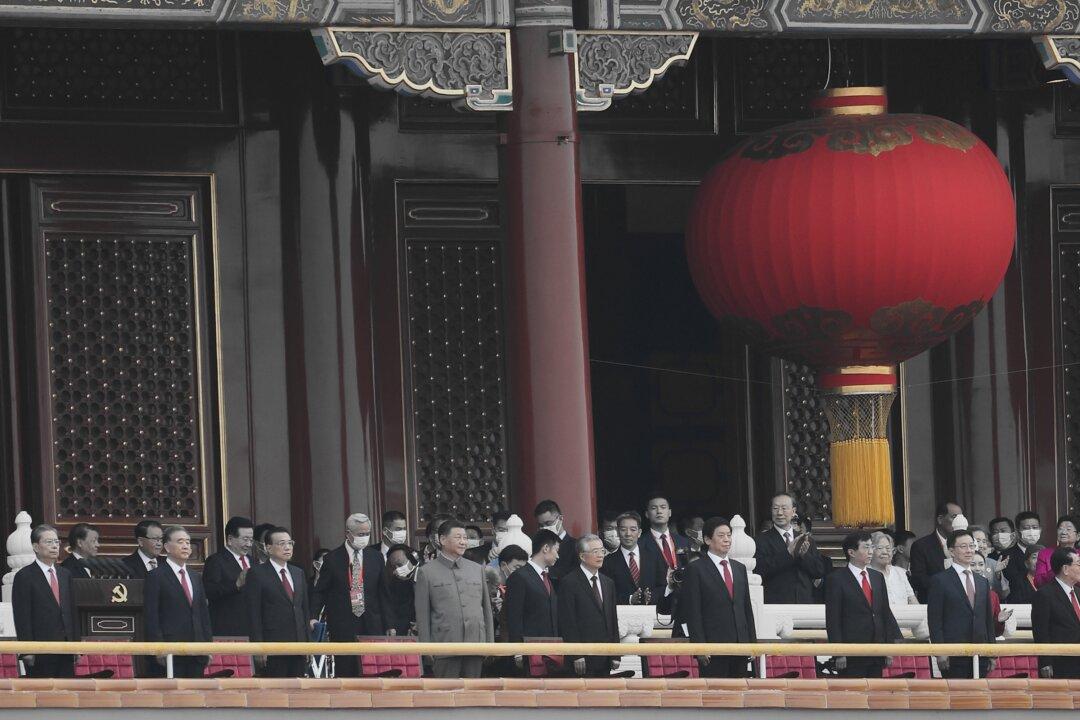In a speech marking the centenary of the Chinese Communist Party (CCP)’s founding, its leader Xi Jinping said that foreign forces would get their “heads bashed” if they attempted to bully China. He added that the regime would “smash” any attempts from self-ruled Taiwan to claim formal independence.
In his hour-long address from Beijing’s Tiananmen Square, Xi vowed to bind the CCP to all Chinese people, pledged to strengthen China’s military, and sang high praises of Marxism.





